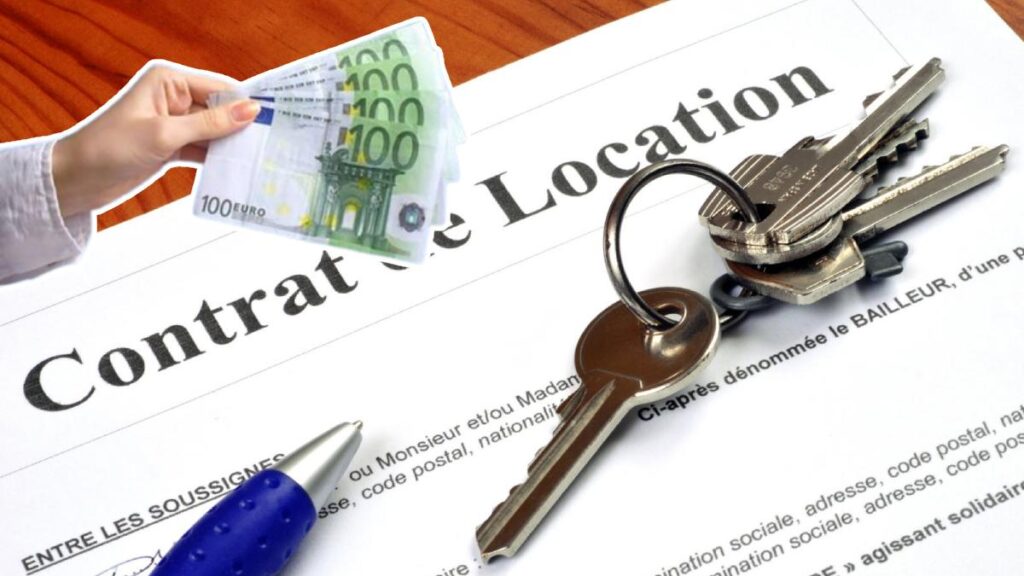Since 2022, your rent may have risen without your understanding why. What if this increase was illegal? Thousands of French people still don’t know, but a law coming into effect in 2025 could change everything. It targets poorly insulated homes, often referred to as energy sieves. If your apartment or house falls into this category, you may have overpaid for months or even years.
Good news: a refund is possible, sometimes amounting to several hundred euros. All you need to do is know your rights… and follow a straightforward procedure. So, before you file away your payment slips, make sure you check this often overlooked detail.
Why Certain Rent Increases Are Now Prohibited
As of January 1, 2025, a new rule has come into effect. This rule affects all poorly insulated homes that consume a significant amount of energy. They are commonly known as energy sieves.
These properties are classified F or G on a specific document known as the Energy Performance Certificate (EPC). If your home falls into this category, the landlord is no longer allowed to raise the rent. Even if you sign a new lease agreement or if the landlord reviews the rent, the law prohibits any increase.
This law protects tenants like you. It affects approximately 3 million homes in France. Yet, few people are aware of it. That’s why you need to check your situation.
The EPC: The Document to Check Urgently
The EPC is a small document that can make a significant difference. It shows whether your home is well-insulated or not. The ratings range from A (very good) to G (very poor). If your home is rated F or G, the rent should not have increased since 2022.
Request this document from your landlord; they are obliged to provide it. If the EPC is too old or no longer valid, you can request a new one. It’s your right. Many tenants never check this document. However, it holds the key to recovering your funds.
How to Claim a Refund for Your Rent
If you have paid an excessive rent, you can request a refund. You need to write a simple letter to your landlord explaining the situation. In this letter, state that the landlord is renting a poorly classified property and is not allowed to increase the rent.
This is known as a formal notice. You’ll find it easy to do. If you’re correct, you can recover all the overpaid money from the last three years. This could amount to several hundred euros, and it’s entirely legal.
What to Do if the Landlord Refuses?
If the landlord refuses or does not respond, don’t panic. There are legal solutions available. You can approach a special commission that assists tenants in finding an agreement. If that doesn’t work, you can consult a judge.
Others have done it and won; so can you. But be aware, you have three years to take action. After that, it will be too late. So don’t waste time. Check your EPC and defend your rights.

